|
Article Published in Curtin University E-newsletter | Faculty of Health Sciences | October 2017 21st century fatherhood can be a challenging, rewarding and complicated business. Changing expectations of how fathers participate in family life mean that many dads are more intimately involved with their children than previous generations, and new research is demonstrating just how important the father-child connection is to family functioning and wellbeing.
0 Comments
The following article is taken from an email received from NPS MedicineWise Many people are misinformed
No-one likes seeing a child unwelI with a cold or flu, but it is important for parents and carers to remember that antibiotics only work on infections caused by bacteria, not those caused by viruses. In most cases, children just need rest and time to allow their immune system to fight the virus. Another common misconception is that antibiotics will speed up recovery from cold and flu viruses in both children and adults – but they don't. With any course of antibiotics, there is a risk of developing antibiotic-resistant bacteria. This means that antibiotics are no longer effective against the bacteria they once killed. Once they develop, antibiotic resistant bacteria can exist for up to a year. This is another key reason why it is important to avoid antibiotics unless there is a bacterial infection that won't clear up on its own. Green snot A common belief in the community and outlined in some individual child care centre guidelines is that is that if a child has green snot, they should be prescribed antibiotics. Green snot doesn't mean an antibiotic is required. Green or yellow coloured nasal discharge can in fact be a sign that the immune system is fighting the infection, and not that a viral illness is getting worse. Ear infections Ear infections are commonly associated with colds in children. In children older than 2 years, a middle ear infection will often get better by itself in a few days, as the body's immune system can take care of the infection without any treatment. Children aged under 2 years, often won’t need antibiotics either, but may benefit from antibiotics if they have certain symptoms such as infection in both ears, fluid draining from the ear or if they otherwise seem unwell. It is important to remember that children of Aboriginal or Torres Strait Islander origin are at higher risk of repeated infections and chronic ear problems so should always be assessed by a doctor when they have ear ache. As pain is usually the worst symptom of ear infections, pain relief medicines (such as paracetamol or ibuprofen) are important to help with pain. Antibiotics won't help to relieve initial ear pain. Antibiotic side effects Like any medicine, antibiotics can cause side effects. Common side effects include vomiting, diarrhoea, thrush infection and can also include allergic reactions (such as hives). Antibiotic-associated diarrhoea is particularly common in children taking a course of antibiotics. If taken for a viral illness, antibiotics will not help the illness, but can cause damage to ‘good' bacteria like those found in the gut. Scientists are only just discovering how gut bacteria affect overall health. It takes time for these good bacteria populations to regenerate in a child's body after a course of antibiotics. SPREAD KNOWLEDGE, NOT INFECTIONS Information and resources to share
Independent, evidence-based and not-for-profit NPS MedicineWise enables better decisions about medicines and medical tests. We receive funding from the Australian Government Department of Health. Dawson makes comment in The Australian Mining Review We've been hearing of disturbing trends for FIFO rosters becoming less family friendly, as mining companies seek to cut costs and those left are desperate to keep their jobs. There are many families with a FIFO parent who make the lifestyle work really well - for themselves, their partners and their children. But for some families, the unique stresses from this lifestyle catch up with them - especially mums with young children. Dawson makes comments on FIFO - the effects on partners and the role of organisational leaders - in this article by the Australian Mining Review... It can be difficult to make sense of children’s medications.
You're welcome to contact FamilyWorks if you have concerns about your child.
Here's a great paper that gives us an overview of the science of resilience in children. Which kids have it and why, and dispelling some myths... It not for those wanting a magical solution to raising resilient children :) Supportive Relationships and Active Skill-Building Strengthen the Foundations of Resilience.
Have you wondered what Infant Massage was all about?
Post Separation Overnight Care of Children 0-3 Years |
|||||||||||||||||||
| cooke_critique_of_think_tank_considerations_for_overnight.pdf | |
| File Size: | 273 kb |
| File Type: | |
| Article published yesterday in the Journal of the American Medical Association summarises the issues of toxic stress and children's development in the USA context. This relatively short article highlights the relationship between the science of children's toxic stress and parenting, early education, and broader societal/economic health. |
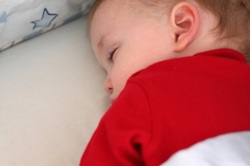 Image: (brendan-c Flickr Creative Commons)
Image: (brendan-c Flickr Creative Commons) The controversy over this issue has a long history(1). The debate has escalated over the past decade with concerns over family law reforms, although there has been scant new evidence to be considered. Recently, media in the UK (Telegraph, Guardian, Daily Mail, Independent) and here in Australia (ABC, The Age, Sydney Morning Herald) have covered this topic. The media attention has been sparked by the controversial opinions of Penelope Leach – countered by Sheila Kitzinger and fathering advocacy groups. Journal publications addressing shared overnight care of young children (2-10) have been referred to in support of the case for and against shared care after separation.
It is generally agreed that the important issue here is what is best for the child – not parent rights (see my posts on the comparable issue of the increasing use of child care). The parenting role does not come with rights - it comes with responsibilities. The demand for parental responsibility is highest at a child’s time of greatest vulnerability - around birth and infancy. It is imperative that at this vulnerable time others uphold the rights of the infant.
It is generally agreed that the important issue here is what is best for the child – not parent rights (see my posts on the comparable issue of the increasing use of child care). The parenting role does not come with rights - it comes with responsibilities. The demand for parental responsibility is highest at a child’s time of greatest vulnerability - around birth and infancy. It is imperative that at this vulnerable time others uphold the rights of the infant.
A taste of the international state of children and families
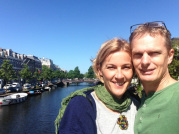
We have just returned from a couple of weeks of meetings and conferences in Germany, Netherlands and Scotland. This trip was primarily a chance for Dawson to present an aspect of his PhD project at two international gatherings: the International Congress on Mentalization Based Treatment and the World Infant Mental Health Congress (over 1600 participants!). Attending these conferences also gave us valuable learning from leading practitioners and researchers from around the globe.
The highlights:
- Confirmation that the early years of development are foundational for lifelong mental health and wellbeing.
- Fascinating research showing the improved capacity of infants to learn when provided with safe and warm relationships.
- Up close video footage of newborn infants demonstrating that if we really tune-in and observe, there is a whole lot of brain work and communication going on.
- More ideas for the development of parenting skills and confidence through our antenatal Expecting Masterclass.
- Further evidence of the importance of the mental health of parents for optimum child development.
- Growing interest in the importance of the role of the father in early parenting.
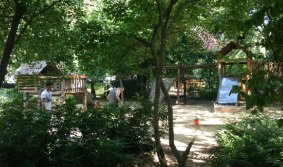
During our travels we came across some wonderful nature playgrounds in Berlin with lots of Dads out playing with their children. We thoroughly enjoyed time together - knowing our children were in the safe and loving care of grandparents. Thanks team family!
Now back in Perth we are more eager than ever to provide support to families so children can have the best possible start to life.
Dawson & Sharon
Now back in Perth we are more eager than ever to provide support to families so children can have the best possible start to life.
Dawson & Sharon
Archives
May 2019
October 2017
July 2017
June 2017
July 2016
May 2016
November 2015
September 2015
August 2015
June 2015
May 2015
March 2015
February 2015
August 2014
July 2014
June 2014
April 2014
March 2014
January 2014
December 2013
November 2013
October 2013
September 2013
August 2013
July 2013
June 2013
March 2013
January 2013
Categories
All
Child Behaviour
Child Development
Dads
Early Parenting
Events
Expecting Masterclass
In The News
Newsletters
Parenting
Preparing For Parenting
Research

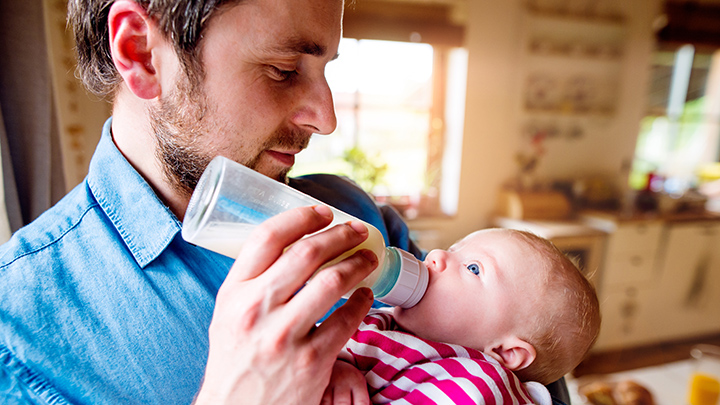
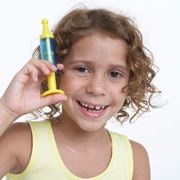
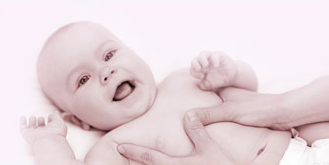
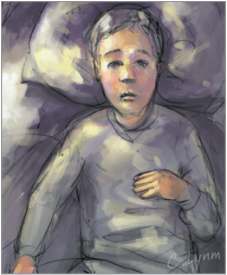
 RSS Feed
RSS Feed